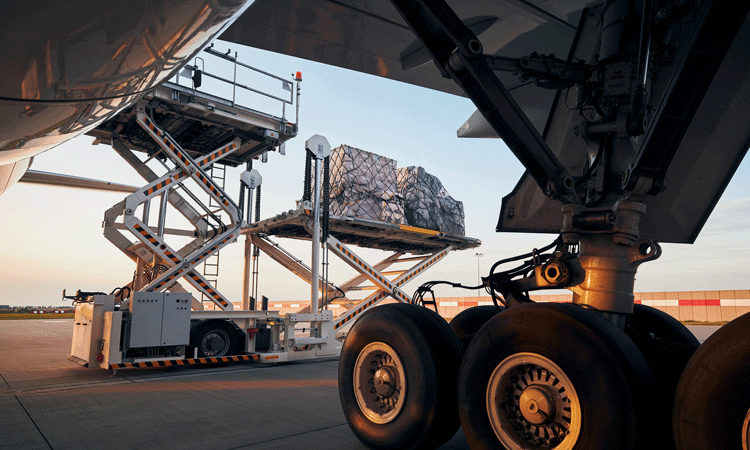TIACA warns aviation industry of Q4 air cargo challenges to follow
- Like
- Digg
- Del
- Tumblr
- VKontakte
- Buffer
- Love This
- Odnoklassniki
- Meneame
- Blogger
- Amazon
- Yahoo Mail
- Gmail
- AOL
- Newsvine
- HackerNews
- Evernote
- MySpace
- Mail.ru
- Viadeo
- Line
- Comments
- Yummly
- SMS
- Viber
- Telegram
- Subscribe
- Skype
- Facebook Messenger
- Kakao
- LiveJournal
- Yammer
- Edgar
- Fintel
- Mix
- Instapaper
- Copy Link
Posted: 23 September 2021 | International Airport Review | No comments yet
The demand for air cargo services is said to continue in the fourth quarter, according to The International Air Cargo Association, as the aviation industry is set be faced with further challenges.


The International Air Cargo Association (TIACA) has issued a warning that the industry is facing unprecedented challenges to deal with expected fourth quarter (Q4) demand for air cargo services.
The air cargo industry has responded to 18 months of relentless pressure and challenges as the industry was faced with high demand for personal protective equipment (PPE), e-commerce, vaccines, perishables and other critical cargo, as economies and society went into lockdowns and then reopened. Addressing this demand, supply chain partners dealt with capacity withdrawals, then capacity shortfalls, as well as ever changing travel, work and quarantine restrictions forced upon crew, handling staff and other key workers.
Meanwhile, the maritime industry is facing its own issues with ever growing port congestion, hinterland transfer delays, blank sailings and rising costs of shipping. Many shippers, faced with such challenges to traditional supply chains, are exploring air cargo to ensure that customer demands can be met.
As we head towards the fourth quarter and the growing number of annual online shopping events, the stress on the system is expected to grow substantially. With states, particularly China, introducing a growing number of COVID-19 related worker restrictions, which are unlikely to be lifted in the near future, the industry is urged to commence preparations urgently. Such restrictions are causing cargo to be disbursed across neighboring countries and airports, causing further challenges. Shippers are therefore encouraged to work with forwarder partners to secure required capacity as early in the cycle as possible.
Governments are urged to fast-track ad hoc charter permits and consider supporting seventh freedom regimes where they are being implemented. States are also urged to work with industry representatives to identify in advance potential system blockages in order for them to be addressed before they further impact supply chains. Supply chain disruptions are already being experienced in certain markets and the situation is projected to worsen.
With international passenger demand still significantly below pre-COVID-19 levels, global connectivity – which air cargo traditionally relied upon for around 45 per cent of total capacity – continues to be dramatically reduced. Meanwhile, buoyant domestic demand in some key markets has resulted in some aircraft, previously dedicated to cargo-only operations, being reassigned to address domestic passenger needs. This will create further operational challenges, with freighter networks currently operating at unprecedented levels of efficiency, utilisation and optimisation.
The industry must also adopt efficiency tools, such as enhanced data sharing, as a matter of urgency. Contingency plans must be established to deal with all eventualities that may arise. The key to success is planning and communication.
Steven Polmans, TIACA’s Chairman, commented: “TIACA’s membership is drawn from all sectors of the supply chain, and we are hearing concerns expressed by each sector. Air cargo has played a vital role these past 18 months and is facing a potentially record fourth quarter, but planning must start now. Resourcing and capacity will be issues, handling and facility space will be an issue, delivery and drivers will be an issue. We should be proud of the innovative, agile and flexible approaches adopted by the industry these past 18 months, and now we must equally rise proactively to these new challenges as the weight of customer expectations mount.”


















